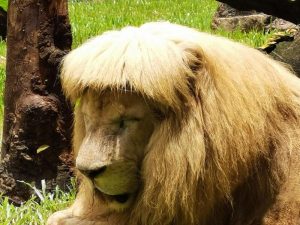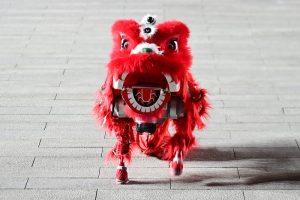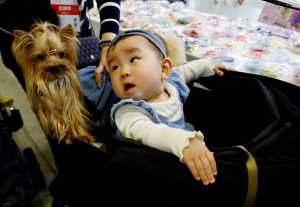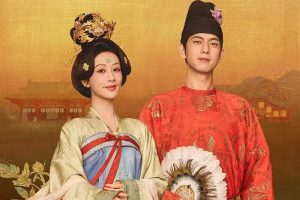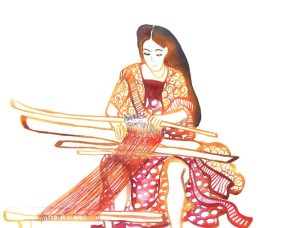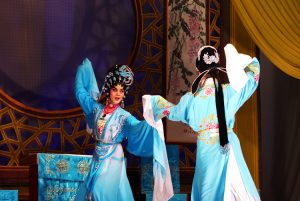Level 4
Beijing Opera's Child Prodigy - Wang Peiyu
Beijing Opera's Child Prodigy - Wang Peiyu
“京剧神童”王佩瑜
“京剧神童”王佩瑜
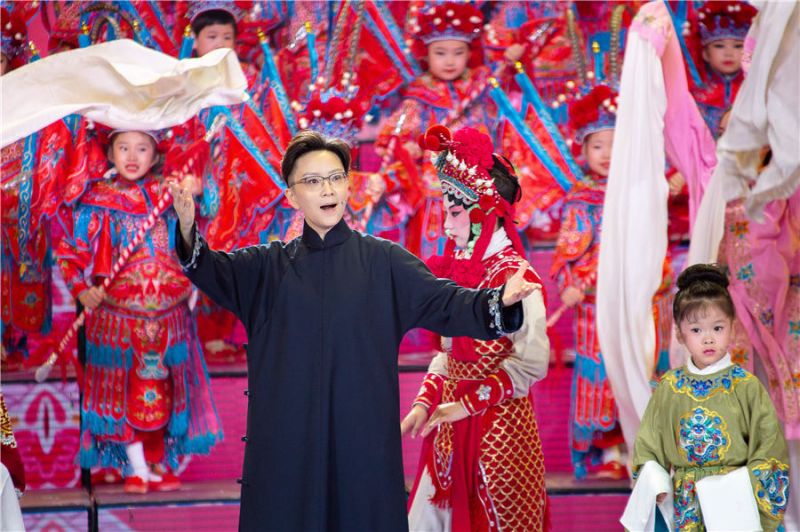

AA
AA
AA
AA
Simplified
Traditional



Pinyin



Pinyin
Keywords
神童 - shéntóng - child prodigy
传统 - chuántǒng - tradition / traditional
艺术 - yìshù - art
出现 - chūxiàn - to appear / to arise / to emerge / to show up
改变 - gǎibiàn - to change / to alter / to transform
情况 - qíngkuàng - circumstances / state of affairs / situation
现代 - xiàndài - modern times / modern age / modern era
著名 - zhùmíng - famous / noted / well-known / celebrated
老生 - lǎoshēng - venerable middle-aged or elderly man, usually wearing an artificial beard (in Chinese opera)
角色 - juésè - role / character in a novel / persona
嗓音 - sǎngyīn - voice
原因 - yuányīn - cause / origin / reason
表演 - biǎoyǎn - to perform / to act / play / show / performance
帅气 - shuàiqi - handsome / smart / dashing / elegant
获得 - huòdé - to obtain / to receive / to get
大奖 - dàjiǎng - prize / award
团 - tuán - group / society / regiment / troupe
演员 - yǎnyuán - actor or actress / performer
副团长 - fù tuánzhǎng - assistant troupe leader
市场 - shìchǎng - marketplace / market
能力 - nénglì - capability / ability
推广 - tuīguǎng - to extend / to spread / to popularise / promotion (of a product etc.)
成立 - chénglì - to establish / to set up
失败 - shībài - to be defeated / to lose / to fail
思考 - sīkǎo - to reflect on / to ponder over
尝试 - chángshì - to try / to attempt
演讲 - yǎnjiǎng - lecture / to make a speech
流行 - liúxíng - popular
歌曲 - gēqǔ - song
重新 - chóngxīn - again / once more / re-
结合 - jiéhé - to combine / to link / to integrate / binding
Grammar
首先… - Expressing "first (of all) / in the first place…" with "shǒuxiān…"
说到中国的传统艺术,首先想到的是京剧。
不仅…,而且 / 还 / 也 … - Expressing "not only…but also..." with "bùjǐn...,érqiě / hái / yě…"
但有些年轻人觉得京剧不仅老,而且听不懂,所以喜欢京剧的年轻人越来越少。
A,再加上 + B - Expressing "A coupled with B" with "A,zàijiāshàng + B"
王佩瑜从小学习京剧,再加上嗓音好、长得帅气,成为了著名的女老生。
从...起 - Expressing "to start from..." with "cóng...qǐ" Expressing "to start from..." with "cóng...qǐ"
从14岁起她就参加各种京剧比赛,获得了很多京剧大奖。
各种 + Noun - Expressing "every kind of…" with "gèzhǒng + Noun"
从14岁起她就参加各种京剧比赛,获得了很多京剧大奖。
这次她走进学校,走上电视,走出国门,做各种京剧表演和演讲,也尝试表演流行歌曲。
后来… - Expressing "afterwards / later…" with "hòulái…" (more commonly used in sequence of events)
后来她进入上海京剧团,成为京剧团的重要演员,25岁就成为最年轻的副团长。
向 + Direction / Place + Verb / Verb Phrase - Expressing that the action of the verb is "to / towards (a certain direction / place)" with "xiàng + Direction / Place + Verb / Verb Phrase" (indicates an action towards a reference point but without actual motion towards it)
因为京剧团表演机会少、市场小,她决定走出京剧团,用自己的能力向普通人推广京剧。
并... - Expressing "and / furthermore..." with "bìng..."
现在越来越多得人愿意重新开始听京剧,并把京剧和流行歌曲结合起来。
Verb / Adj. + 起来 - Expressed after verbs or adjectives for abstract concepts of bringing things together to have a desired result with "Verb / Adj. + qǐlái"
现在越来越多得人愿意重新开始听京剧,并把京剧和流行歌曲结合起来。
Proper Nouns
京剧 - Jīngjù - Beijing opera / Peking opera王佩瑜 - Wáng Pèiyú - Wang Peiyu (Beijing opera singer-actress)
上海京剧团 - Shànghǎi Jīngjù Tuán - Shanghai Peking Opera Troupe
Idioms
Ready to complete the lesson's exercises?

Complete Assignment Reading
Live dictionary
 Stroke
Stroke Write
Write














